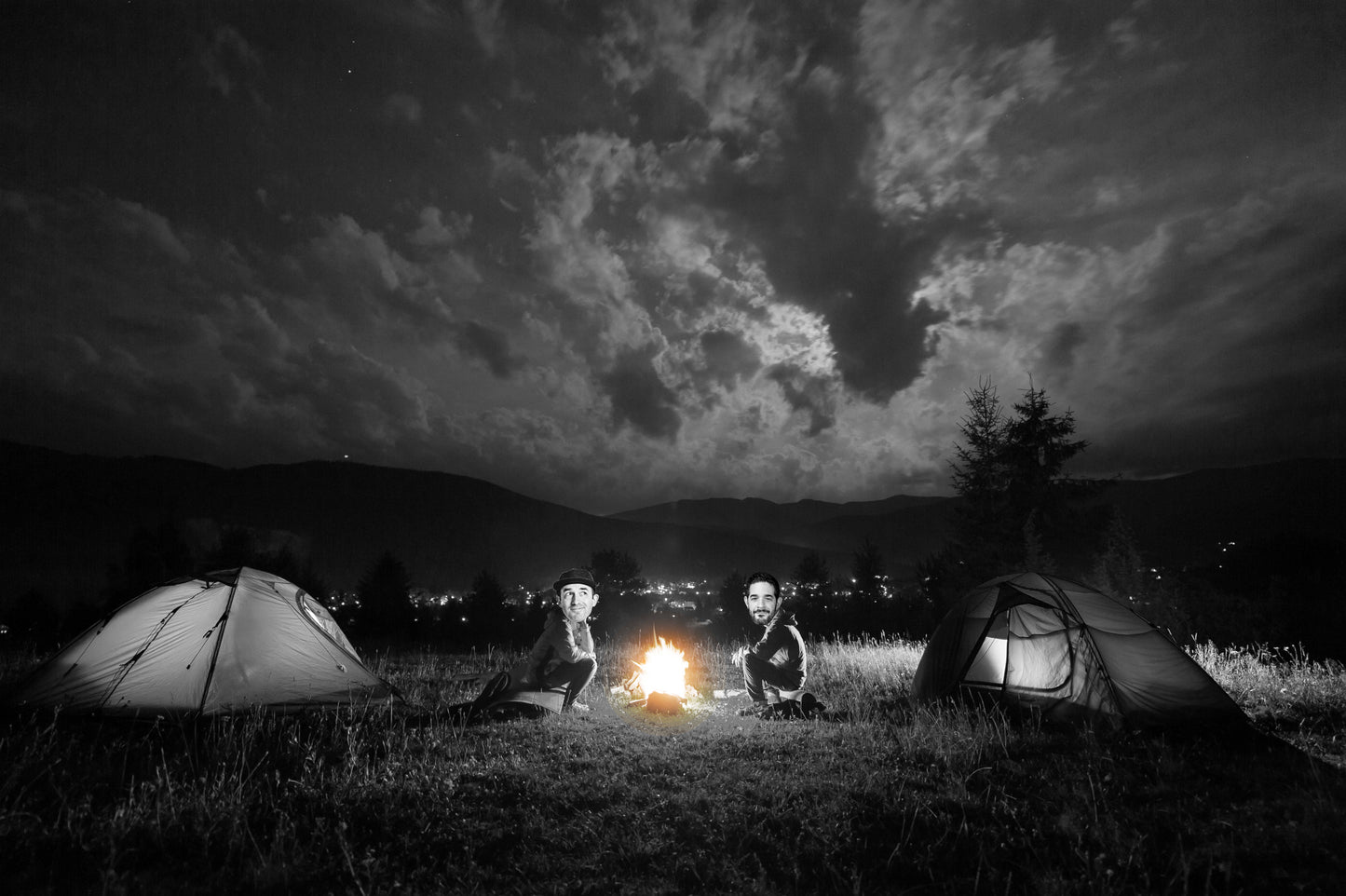

Q: You’re well known for your treatment of vegetables, what drew you to this focus?
A: I think it was the fact that I was in Manresa and we started a partnership with Love Apple Farms, with Cynthia Sandberg, and all of the sudden we’re getting all of this crazy produce. It was just really eye-opening after already cooking for over 10 years to all of the sudden seeing things I have never heard of.
Q: Lots of chefs have the desire to write a cookbook, what’s one thing you didn’t expect after taking on the task?
A: I didn’t expect to actually finish it. It took 5 years longer than it was supposed to. I was fairly obsessed with it when I actually started working on it, finally. Now I look back on it, and I don’t know how I got it done. I mean I had help, I had a co-author, but looking back it doesn’t seem like it was too crazy.
Q: How did you connect with Phaidon?
A: Emilia Terragni, who runs the cookbook division, reach out to me in 2010. I believe based on a recommendation from Rene Redzepi and we agreed to a deal in 2010. It was supposed to come out in 2012 and it came out in 2017.
Q: In your book, you talk about the pressures involved with being a chef in today’s public eye. Do you feel like you’ve found new/healthier ways to balance that stress these days?
A: I think having a wife and a daughter now that’s kind of the biggest motivation to have balance and to spend time with them. Obviously, there is always new pressures, everything is always evolving and changing, and new projects. Just making sure they are my priority is the biggest guide for me.
Q: Do you feel like it’s imperative for chefs to be in the public eye and on the media circuit these days in order to make sure their restaurants stay busy? Any advice for younger chefs that may prefer to shy away from the limelight?
A: That’s actually what I enjoyed about social media, specifically Instagram. 10 years ago at my first chef job, in order to get your work out there that had to be an interest for a magazine or a paper. And then you had to do an interview, a photo shoot, and recipes. It was all that work just for people to see one dish. Now, I can make a dish, put it on the floor in front of the front door, take a picture, and write what I want. I don’t have to provide a recipe and I am in control of it. I’m probably one of the ones who does shy away from the limelight. I don’t want to be obscure, I want people to come into the restaurant and enjoy my food. So this is kind of my way of letting people know what’s going on here.
Q: Can you explain the inspiration and vibes of your 2 restaurants, Rustic Canyon and Tallula?
A: Rustic Canyon existed for 5 years without me. So, it had a certain niche when I started and that’s definitely evolved over time. It was primarily a burger restaurant when I started, and we steered it back to highlighting where we were, which was 8 blocks away from one of the best farmers markets in the world- to just be an outlet for highlighting what's great about Southern California- the meats and fish, vegetables, and fish. In a non-pretentious easygoing neighborhood vibe- that's the whole point it's not meant to be cutting edge, it's just meant to be good and timeless. That’s our hope.
Tallula’s is double the size of Rustic Canyon. It's a very fun, funky, bright, loud place. The restaurant where my partners Josh and Zoe used to go to as kids. They always dreamed of, after opening restaurants, having this one. We did a really quick turn around on that. It’s fun California Mexican cuisine. It is not authentic, but it’s still kind of using the same philosophy of Rustic Canyon- just using the best ingredients and not being showy or follow any trend, just being very simple.
Q: What was the inspiration for your cookbook, On Vegetables? Given that your cookbook is all about vegetables, do you follow a plant-based diet?
A: It was always supposed to be a vegetarian book. At the time I was nearing my tenure at a vegetarian restaurant, called Ubuntu, which was my first chef job. So that’s obviously what I would be writing a cookbook about. I kind of thought after 5 years they forgot about me and I would never write a cookbook. They decided to call me and say “hey, you got that cookbook?” So I was like, alright I’ll do this. I think the biggest moment was when I found out I was having a kid- that definitely sparked something and I was like I’m doing this. I am going to write a cookbook and it’s going to be the best cookbook I can do.
I do not follow a plant-based diet. I pretty much never did. It is easier when you’re cook and can make things. I find it’s not usually the meat I crave, but it’s the flavors around it. I can definitely live without meat.
Q: What is your favorite vegetable to cook with?
A: Probably, my favorite vegetable to cook with are beats. It’s not necessarily my favorite vegetable to eat, but it’s kind of the pork of vegetables. I just see a whole lot of possibilities with different parts and different preparations of it.
Q: Some of us don’t have the same access to vegetables as chefs/cooks in California, any advice on getting through the winter months while maintaining attention to the quality of veggies?
A: Yeah, I think it’s a matter of just adapting to where you are. Just because you might live somewhere that doesn’t have the same ability, doesn’t mean that there aren’t great things. I think it’s a matter of doing the best you can, buying as local as possible, buying organic when possible, and not wasting- I think that’s the biggest thing. Just try to utilize as much as the product as possible and try to keep the integrity of the vegetable.
Q: If you had one taco left in life, what would it be?
A: It would probably be a messy mixture of steak, tripe, and lengua.
Q: What is your favorite Tilit product?
A: I think it is the chore shirt. I am wearing it now and am definitely going to order more. I really like it. It’s got pockets in the front and it’s roomy. It’s perfect.
